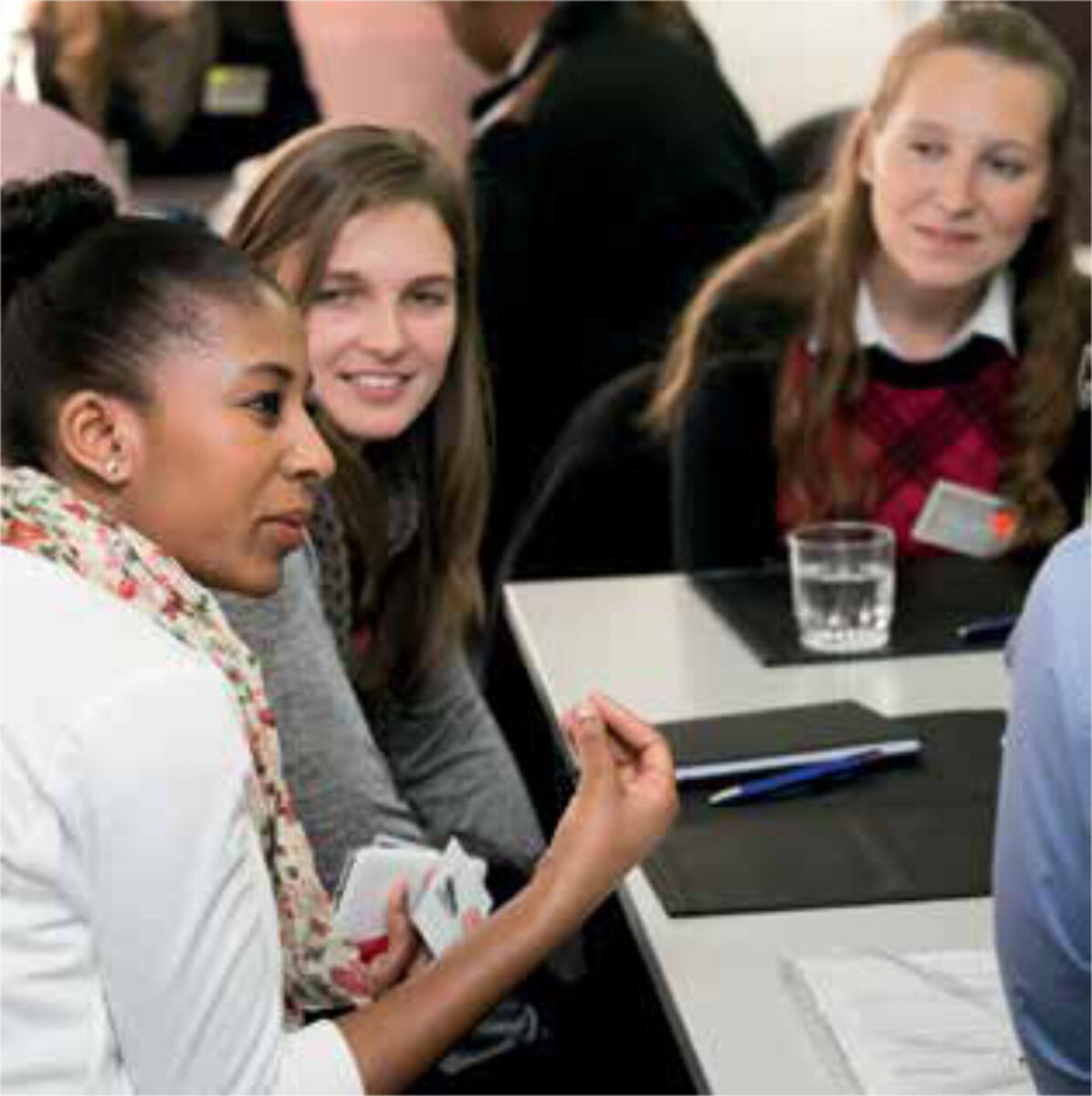Main content
The Netherlands is just a small country in a globalizing world. Combined with an increase of migrants in the Netherlands, this should lead to adjustments in the approach towards patients as well as in the existing medical curriculum. Amsterdam UMC is actively integrating internationalized education in the current medical curriculum.
In their second year, medical students have the opportunity to do an elective course in Global Woman and Child Health for three months. Global Child Health as well as Global Obstetrics & Gynaecology have not been part of the mainstream medical curriculum at the Medical Faculty of the University of Amsterdam. Paediatric and Obstetric-Gynaecological Consultants took the initiative and started a new, 12-week course in early 2022. The aim is to inspire the next generation of medical professionals to work in the field of Global Child Health and Global Obstetrics & Gynaecology. We felt strongly that this was currently missing in the Bachelor of Medicine at the University of Amsterdam and that it is important for medical students to learn that medicine, as we practice it in the Netherlands, is not the Gold standard. In addition, knowledge and skills learned in this course will help them to be a completer and more inclusive doctor later on.
The course incorporates a practical approach to learning, using (medical) cases to help students understand the various themes and apply their new-found knowledge to real-world low- and middle-income country (LMIC) scenarios. The aim is to not only impart medical knowledge but also to teach students about conducting research, building capacity, and collaborating effectively in an international context. Over the course of 12 weeks, the students follow the life of a fictive Malawian family who experience the challenges of living in an LMIC. This story is described in a reader that the students receive at the onset of the course. Each week has a different theme, related to Women and Child health but also including Public Health, Nutrition, Infectious Diseases, Critical Care, Mental Health, and Surgery. The student is challenged to think from a broader perspective about different themes: immigrants, prevention, cultural differences, life in different socio-economic circumstances, implementing projects, etc.

Colleagues from all over the world with a strong background in Global Woman and Child Health teach the students the basic principles of these beautiful but challenging sub-specialties. Students attend lectures both live in Amsterdam as well as online from LMICs. Theory is combined with practical skills, from creating a vlog on life in different neighbourhoods in Amsterdam to hands-on training in basic life support. What makes this course special is its focus on low-resource settings, where the medical practices may be quite different from those in high-resource settings like the Netherlands.
To prepare the students for the challenges of working in diverse and multicultural environments, the course also includes an intercultural communication training. This training equips the students with the skills they need to communicate effectively with people from different cultures, appreciate cultural nuances, and work collaboratively towards shared goals. Our future aim is to invite students from universities in LMICs to join this course, live or online, and to encourage greater interaction and exchange between students from all over the world.
Overall, the Global Woman & Child Health course at the Medical Faculty of the University of Amsterdam provides an enriching experience for medical students. It helps them develop a global perspective on healthcare and equips them with practical skills that will serve them well in their future medical careers.



















































